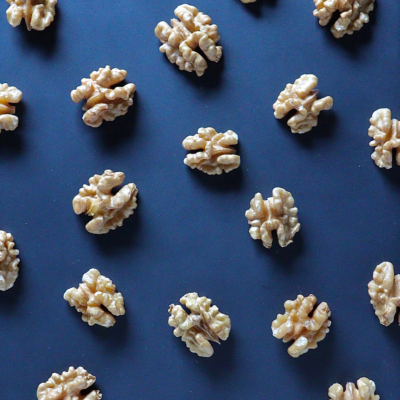Microbiome and Nutrition
The complex community of bacteria, yeasts and viruses living in our intestines, collectively known as the gut microbiome, is shaped, in part, by what we eat. Genetics, environment, and other factors also influence an individual’s microbial community. Research at the NRI investigates these complex relationships and their impact on disease risk. We use animal models and bioinformatics to study the associations between nutritional metabolites, gut microbiome, and health. What happens in the gut doesn’t stay in the gut. Your microbiome can play a role in cardiovascular disease, obesity and diabetes, and even cancer. Our team envisions a future where analysis of your microbiome can determine disease risk, and medical foods can be prescribed to treat and prevent disease by regulating the microbiome.
Publications
Microbiome and Nutrition Publications
2020
Population studies of TMAO and its precursors may help elucidate mechanisms. Meyer K
2019
Association of dietary patterns with the gut microbiota in older, community-dwelling men. Meyer K
2018
Meta-analysis of human genome-microbiome association studies: the MiBioGen consortium initiative. Meyer K
Human microbiota, blood group antigens, and disease. Sumner S
2017
Trimethylamine N-Oxide, the Microbiome, and Heart and Kidney Disease. Zeisel S
2016
Diet and Gut Microbial Function in Metabolic and Cardiovascular Disease Risk. Meyer K
Antibiotic-mediated gut microbiome perturbation accelerates development of type 1 diabetes in mice. Sumner S
Related News
April 2016
Anti-Inflammatory Diet May Fight Breast Cancer Promising work is underway in the laboratory of Dr. Stephen Hursting at the NRI to identify dietary interventions that can reduce the risk of cancer. Omega-3 fatty acids are well known anti-inflammatory dietary...
Study Finds Weight Loss Amount is More Important than Diet Type in Reversing Obesity-Cancer Link
March 28, 2016 • Researchers striving to break the link between obesity and cancer have found in a new preclinical study that significant weight loss through calorie restriction, but not moderate weight loss through a low-fat diet, was linked to reduced breast cancer growth. The preliminary findings (abstract #4321) will be presented from 1-5 p.m. April 19 at the 2016 American Association for Cancer Research Annual Meeting in New Orleans.
Anti-Inflammatory Diet May Fight Breast Cancer
March 28, 2016 • Promising work is underway in the laboratory of Dr. Stephen Hursting at the NRI to identify dietary interventions that can reduce the risk of cancer. Omega-3 fatty acids are well known anti-inflammatory dietary supplements. Because inflammation is associated with cancer, Hursting is investigating whether these supplements can reduce risk of developing cancer.
Childhood Obesity: A Major Health Concern
March 24, 2016 • Obesity is a disease that impacts all levels of society. It is the most prevalent nutritional disorder among children and adolescents and is continuing to rise. In 2012 more than one-third of children and adolescents were overweight or obese. According to the Centers for Disease Control and Prevention (CDC), childhood obesity has more than doubled in children and quadrupled in adolescents over the past 30 years.



